In My Wheelhouse
 Miguel Mendez said when he was a child, he and his dad worked on cars together. When Miguel asked how he knew certain things, his dad would say, “It’s in my wheelhouse.” He was familiar and comfortable with what he did.
Miguel Mendez said when he was a child, he and his dad worked on cars together. When Miguel asked how he knew certain things, his dad would say, “It’s in my wheelhouse.” He was familiar and comfortable with what he did.
In my wheelhouse means something matches our skills or interests.
Miguel’s dad understood cars. Other people understand electronics, agriculture, or additional specialties.
What’s in my wheelhouse differs from yours.
We vary in our skills and interests. Many situations fall outside my ability to deal with them. I’m thankful for talented people who help when my:
- Laptop has problems
- Car needs service
- Roof leaks
These and more require the aid of specialists in those areas.
However, if we study, our talents grow.
With hard work, we increase our expertise.
A wheelhouse is a pilothouse on a boat.
A pilothouse includes the wheel, compass, and other navigation equipment.
According to Miriam Webster dictionary, a wheelhouse also means “a place or center of control or leadership.”
In addition, it refers to “the section of the strike zone where it is easiest for the [baseball] batter to hit the ball well.”
We can use our wheelhouse to help others.
We grow as we:
- Gain new experiences
- Study
- Read our Bibles
- Tackle new challenges
When those we know need help, our gains become theirs as we share and encourage.
“A generous person will prosper; whoever refreshes others will be refreshed” (Proverbs 11:25 NIV).
Thanks to Miguel Mendez for the suggestion. Image by Michael Drummond from Pixabay.
Do you have an expression you want explained or a thought about this one? If so, please comment below.
Subscribe to receive my weekly posts by email and receive a free copy of “Words of Hope for Days that Hurt.”
If you enjoyed this post, please share it with your friends.
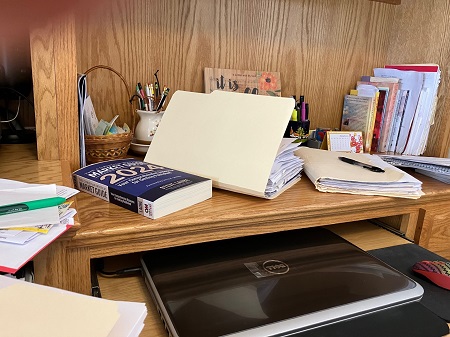
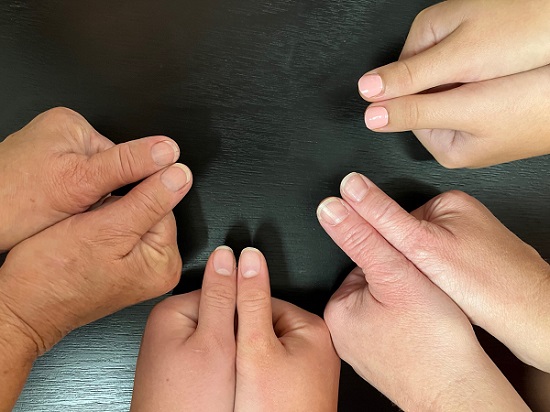
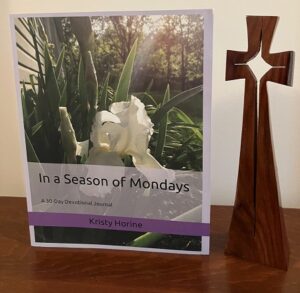

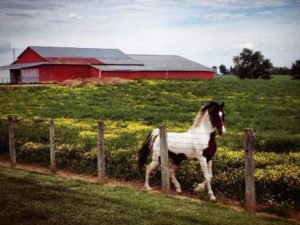
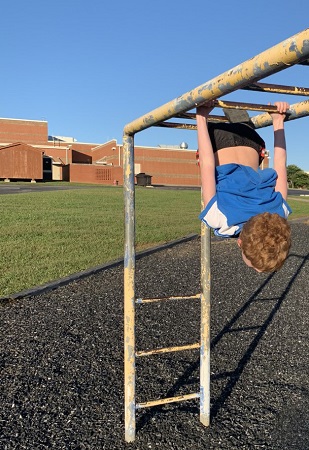 More than one way to skin a cat sounds cruel. We don’t want our cute, fur-covered pets to suffer.
More than one way to skin a cat sounds cruel. We don’t want our cute, fur-covered pets to suffer. Congratulations to Stephen Russell, whose name was drawn from my mailing list for a free copy of Adventures in Fatherhood by Carlton Hughes and Holland Webb.
Congratulations to Stephen Russell, whose name was drawn from my mailing list for a free copy of Adventures in Fatherhood by Carlton Hughes and Holland Webb.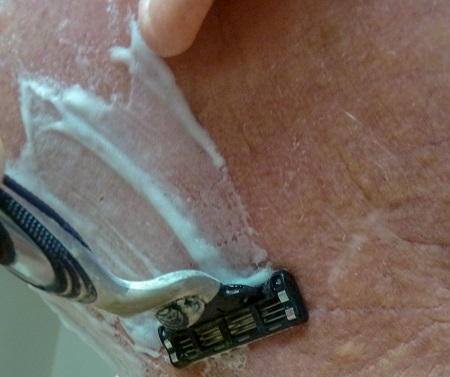 Sharp as a razor means very sharp.
Sharp as a razor means very sharp.